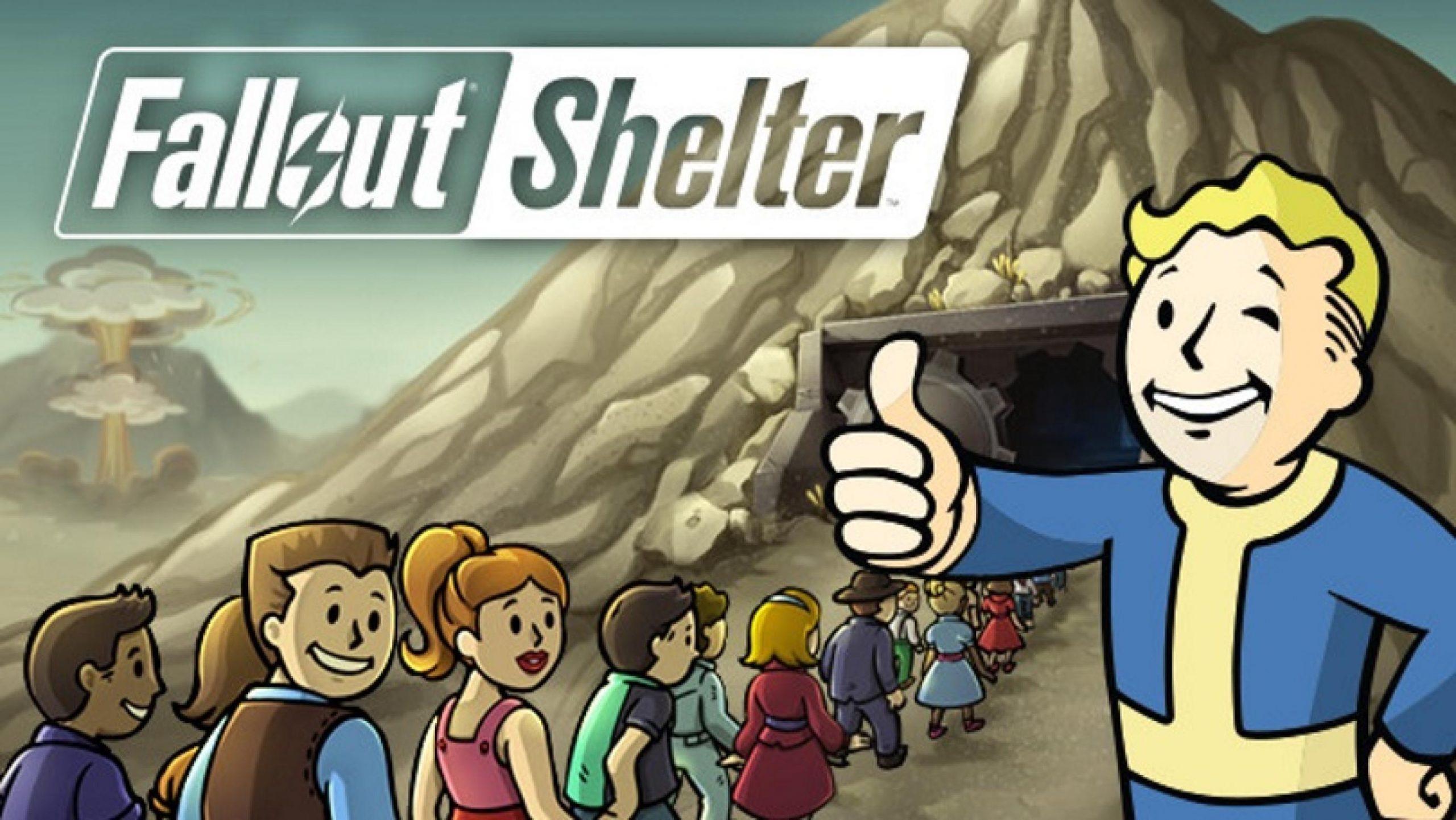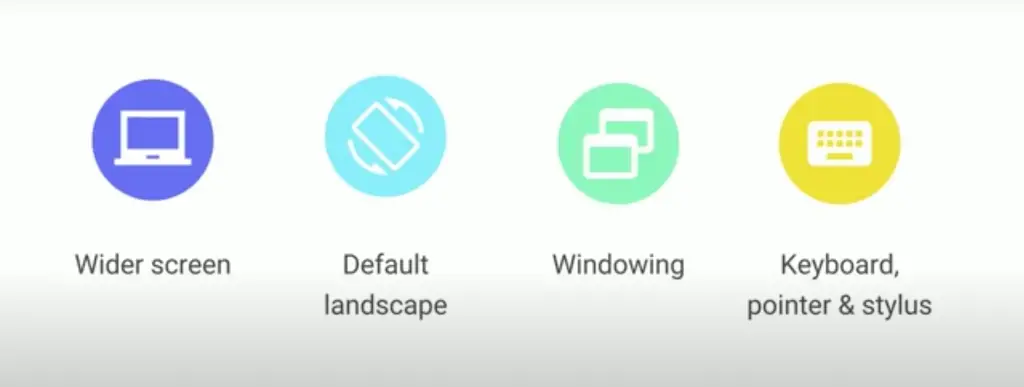
It seems that game developers and publishers may be starting to recognize Chromebooks in an official capacity. Bethesda Game Studios, developer of Skyrim and Fallout put out a tweet yesterday promoting Fallout Shelter on Chromebooks! Fallout Shelter is a mobile game inspired by the Fallout series in which you play an overseer of a shelter which houses survivors after the world is ravaged by nuclear warfare. As an overseer, you will need to keep your vault’s inhabitants alive and happy.
In the game, each vault ‘dweller’ has statistics which allow them to go into the wasteland and scavenge for supplies and face dangers. Once they’re outside of the vault, you can view their adventures in a real time journal or log akin to zero player games like Godville. If the dweller survives the wasteland and returns, you can then use those resources to upgrade and add new rooms to your vault. I just want to say that I’ve never really tried the Fallout series until last week when I played Fallout 4 on Playstation Now and I’m loving the RPG elements in the old-timey era with throwback music and advertisements. It brings me back to my time in Bioshock, actually.
Anyways, I downloaded Fallout Shelter on my Pixelbook Go after seeing the tweet and connected a corded mouse to see how well optimized it was for Chromebook. I’m going to be honest here, I didn’t expect much. Google Play or Android games that are usually installed on Chromebooks are simply optimized for touch. Sadly, it’s a truth of our current reality. I’ve always found it odd to reach over my Chromebook’s keyboard to grab the screen in order to play these games. I’ve long since wished that developers would take these devices seriously instead of treating them not as an afterthought, but simply a positive side effect of their games existing on mobile and by extension, being able to be installed and run on Chromebooks. I’m happy to report that Fallout Shelter works pretty good with mouse input! While this, bundled with their obvious collaboration with Google to promote the game specifically for Chromebooks, which is pretty awesome in and of itself may point to a bright future for Google Play Games on laptop form factors, we still feel that more could be done to make the most of the experience.
Three years ago at Google I/O, Google’s annual developer conference, developers were strongly urged to start optimizing Android apps for larger screens. Many apps and games at that time would open on Chromebooks only in portrait mode with black space on the left and right of the landscape style screen as they were strictly phone apps, they would open up and take over the screen without the ability to resize or window them and they would not support anything but touch input. Needless to say, this caused many people to claim Chromebooks were nothing but big phones with keyboards – and who could blame them? The laptop style of computing was certainly not present at that time. Developers seemed largely disinterested in cooperating with Google’s recommendations to make these experiences better and either ignored the call to action or prioritized their progressive web apps instead.

While we have seen movement in most of these areas with games providing an optimized landscape mode by default and allowing the screen to be resized and windowed and even running in the background of other processes instead of freezing, you would be hard pressed to find many games that work with mice and keyboards.
In Fallout Shelter, panning the mouse around to look around your shelter, clicking and dragging dwellers into their rooms and even scrolling in and out of the room view to see what your dwellers are talking about all works fantastically. However, it feels as though Bethesda got lucky. You see, Fallout Shelter is exactly that kind of game we spoke about above – one that just so happens to work well with a mouse as a side effect because its design and mechanics are simple. This is not to downplay the experience. Chromebook users will feel at home with a mouse while they play. It will feel natural, but it also feels half baked. Let me explain. When you hover over items in the game or even your dwellers you don’t see the information pop up in a tooltip or a box. You still have to click on them – and you can’t even right click them. You can only left click.
Hmm…this sounds to me like a mouse is emulating touch input. Like I said, lucky. Also, it’s called mouse and keyboard support. Now I get that there’s really no need to use the keyboard in this game, so I’ll give them a pass here, but while your right hand is busy clicking away, your left hand feels like it’s missing out. There’s no need to type or use WASD movement at all – the mouse is used for everything. Perhaps we’ll see this change with the upcoming Fallout Shelter Online which is currently in beta in Eastern countries. With its online component, there’s no doubt that you will be typing messages to other vault overseers. Maybe then the experience will feel a bit more cohesive on a laptop.
If Fallout Shelter adds hovering, right clicking and keyboard support in some meaningful capacity then they may have a golden opportunity with their klout to set a public example to all mobile game developers about how to create experiences that transcend hardware. Sure, cloud gaming is a huge prospect for playing games anywhere and on any device, but downloadable apps and games which don’t rely on an internet connection and accept perfectly optimized touch input as well as perfectly optimized mouse, keyboard and gamepad support will certainly still hold great value in the years to come. This would also mean that many experiences would no longer be trapped on one device or form factor and could instead allow users to quickly switch between devices comfortably based on their current situation.
Outside of the obvious potential of cloud gaming and progressive web apps, we foresee a future where users can have a unified gaming experience across all of their devices, irregardless of their preferred input method. To get there, however, developers like Bethesda need to do more. Instead of simply promoting their games on social media as installable on Chromebooks, they need to think more critically about how to implement meaningful use cases of mouse and keyboard support so that those experiences are truly excellent and worthwhile to Chromebook gamers.

Leave a Reply
You must be logged in to post a comment.